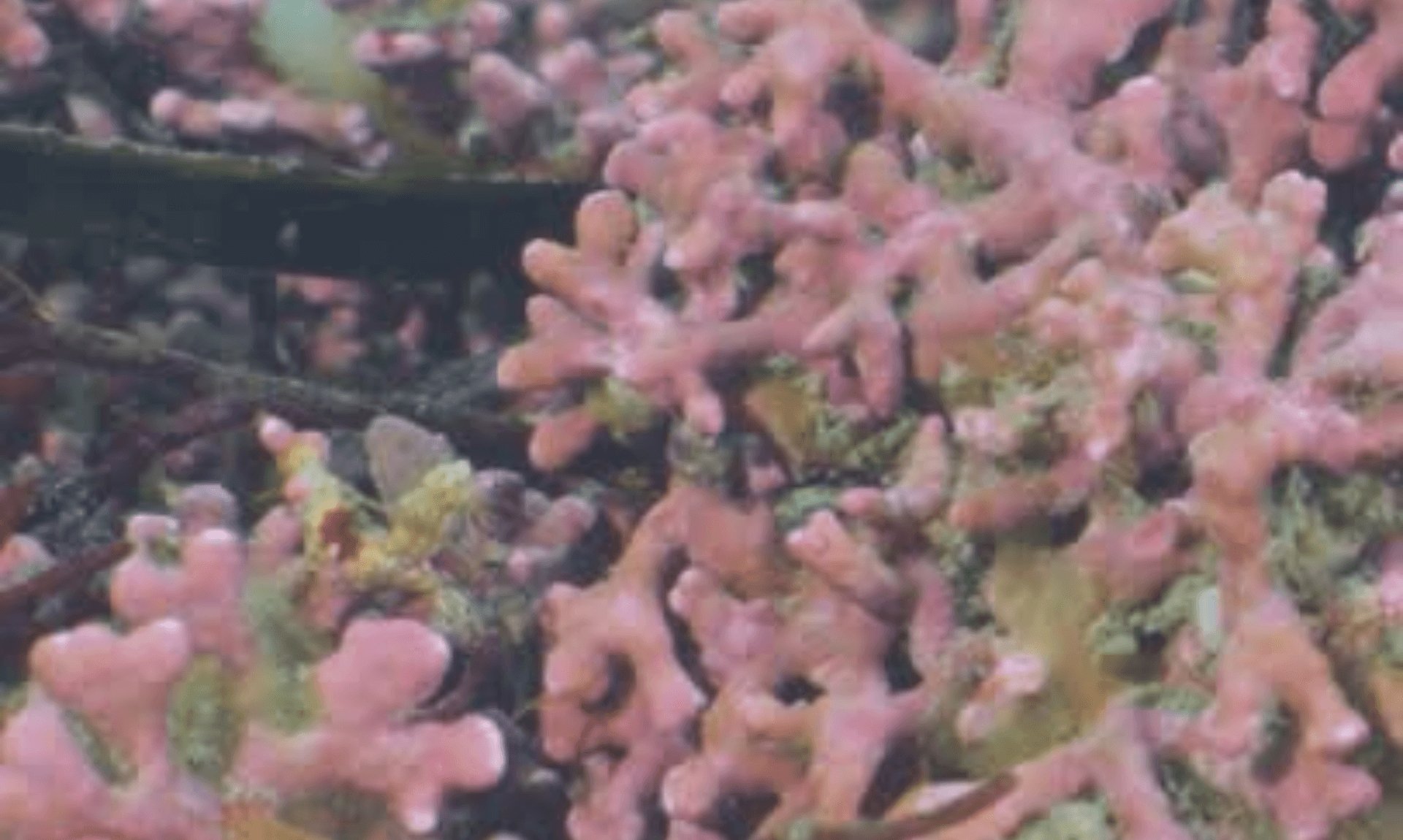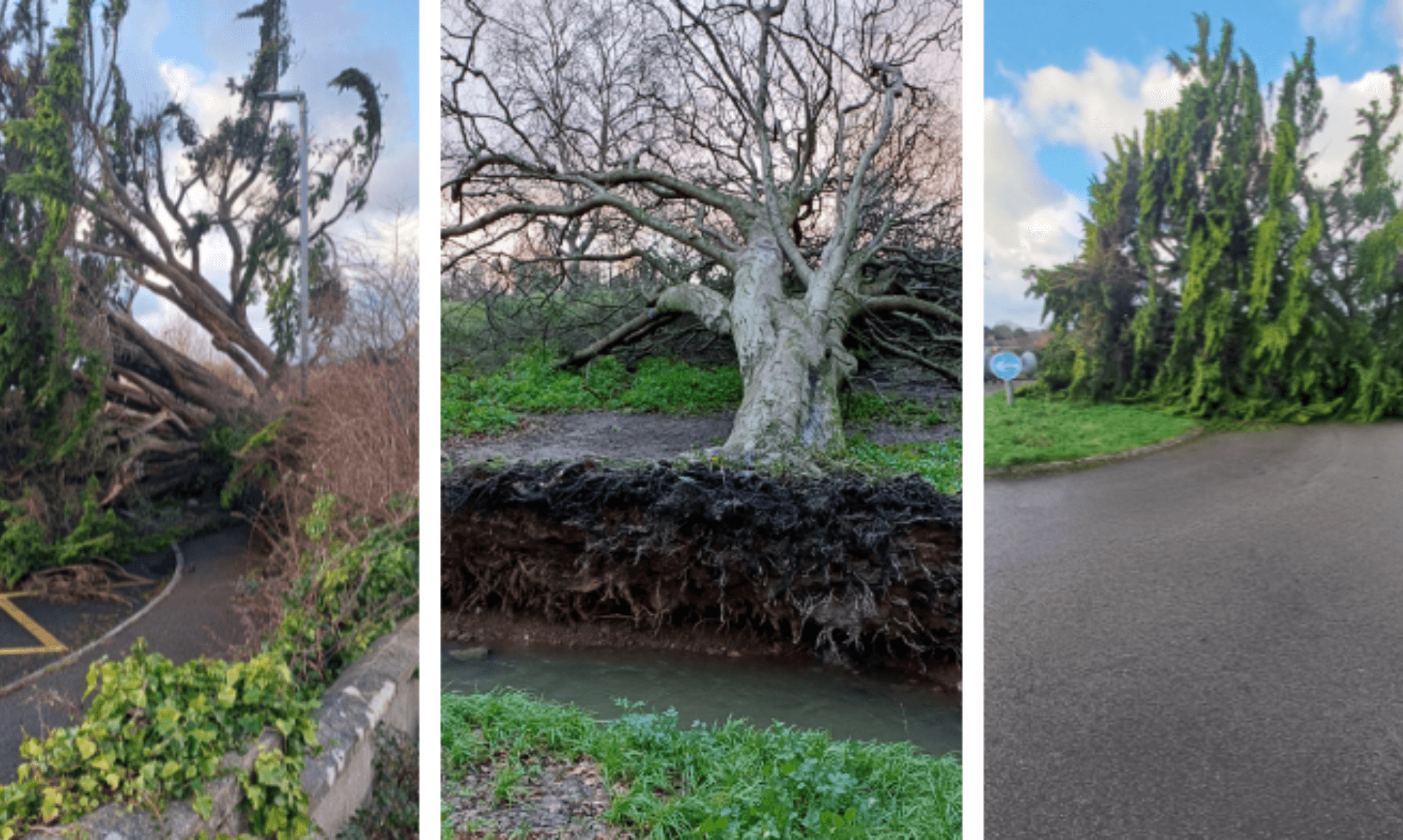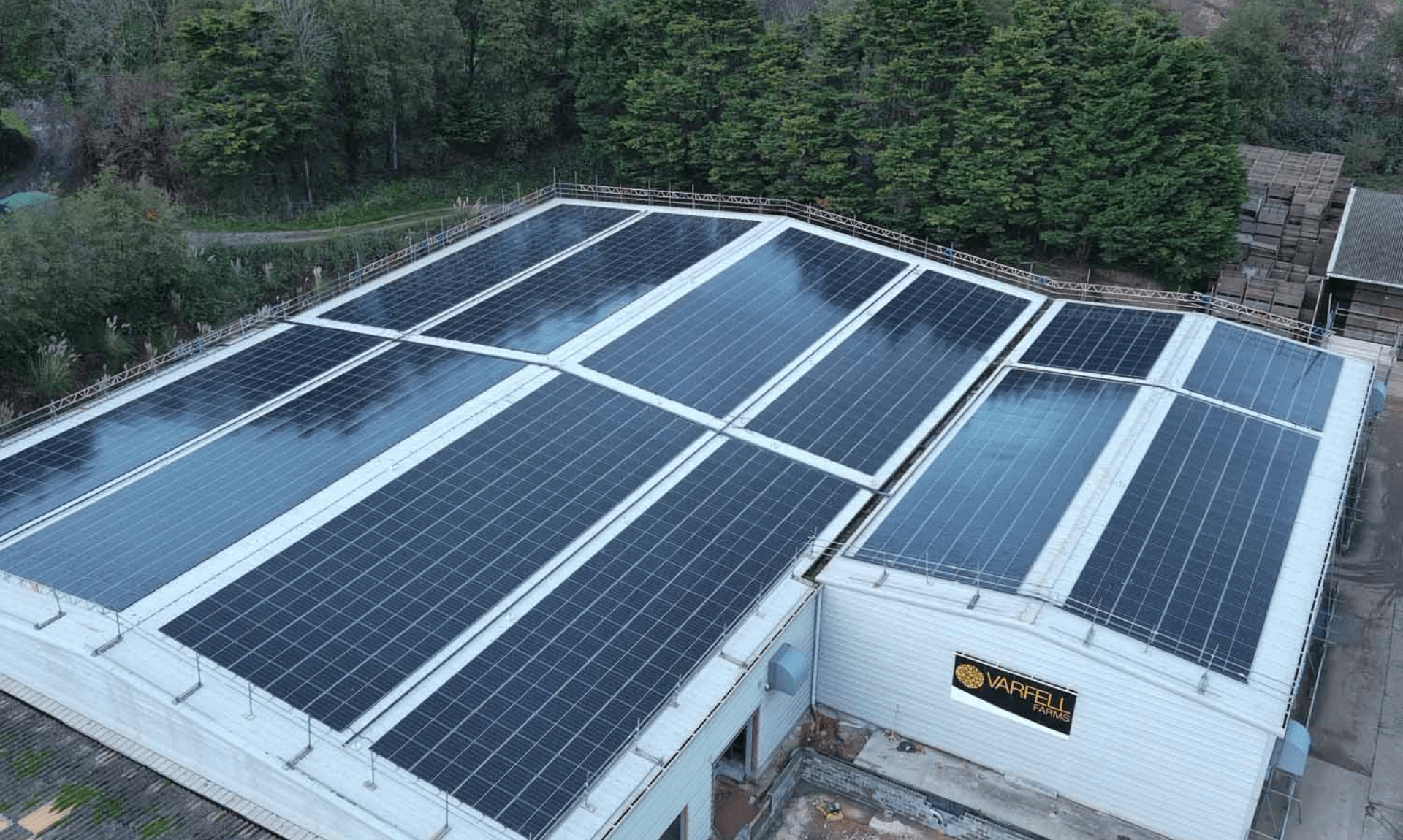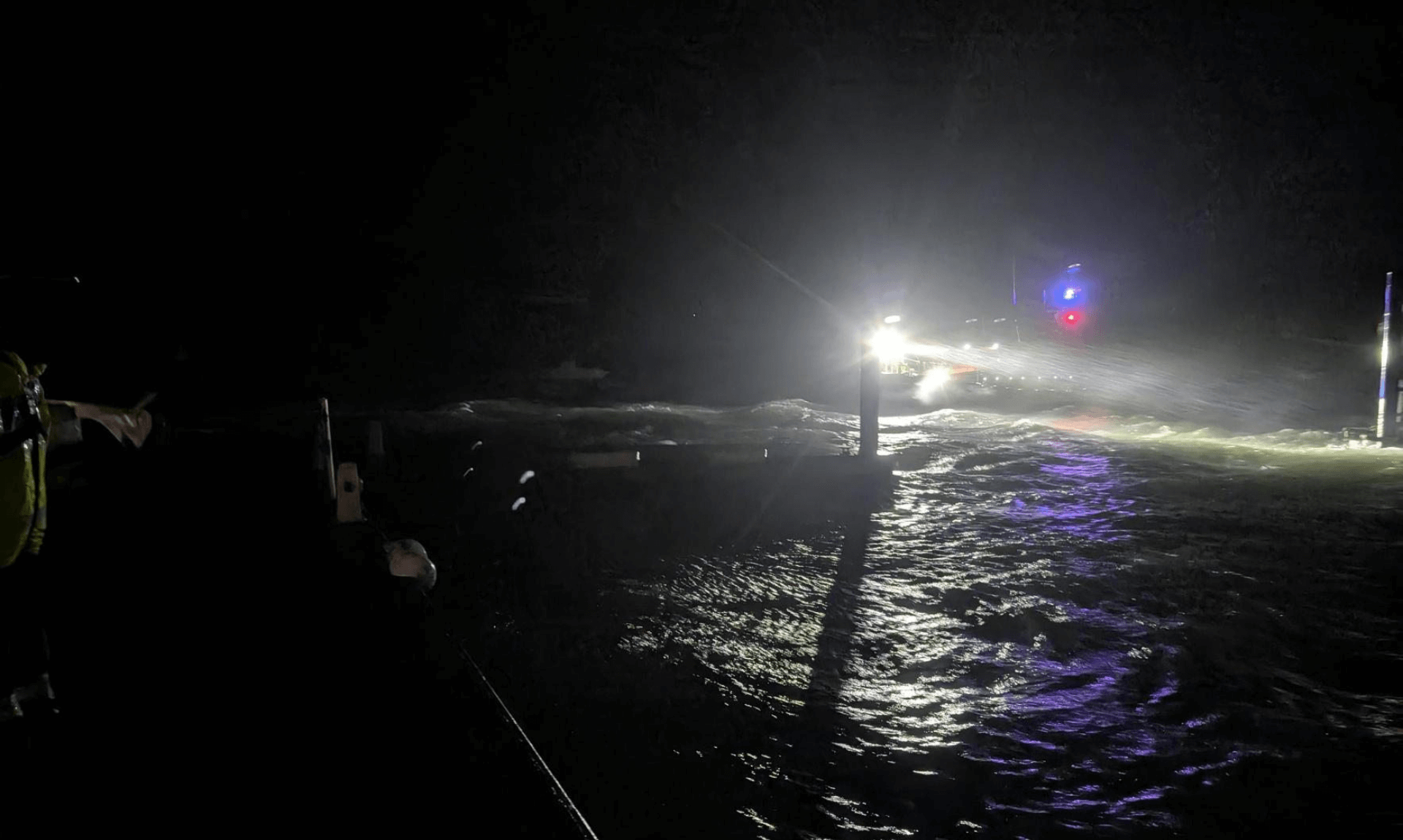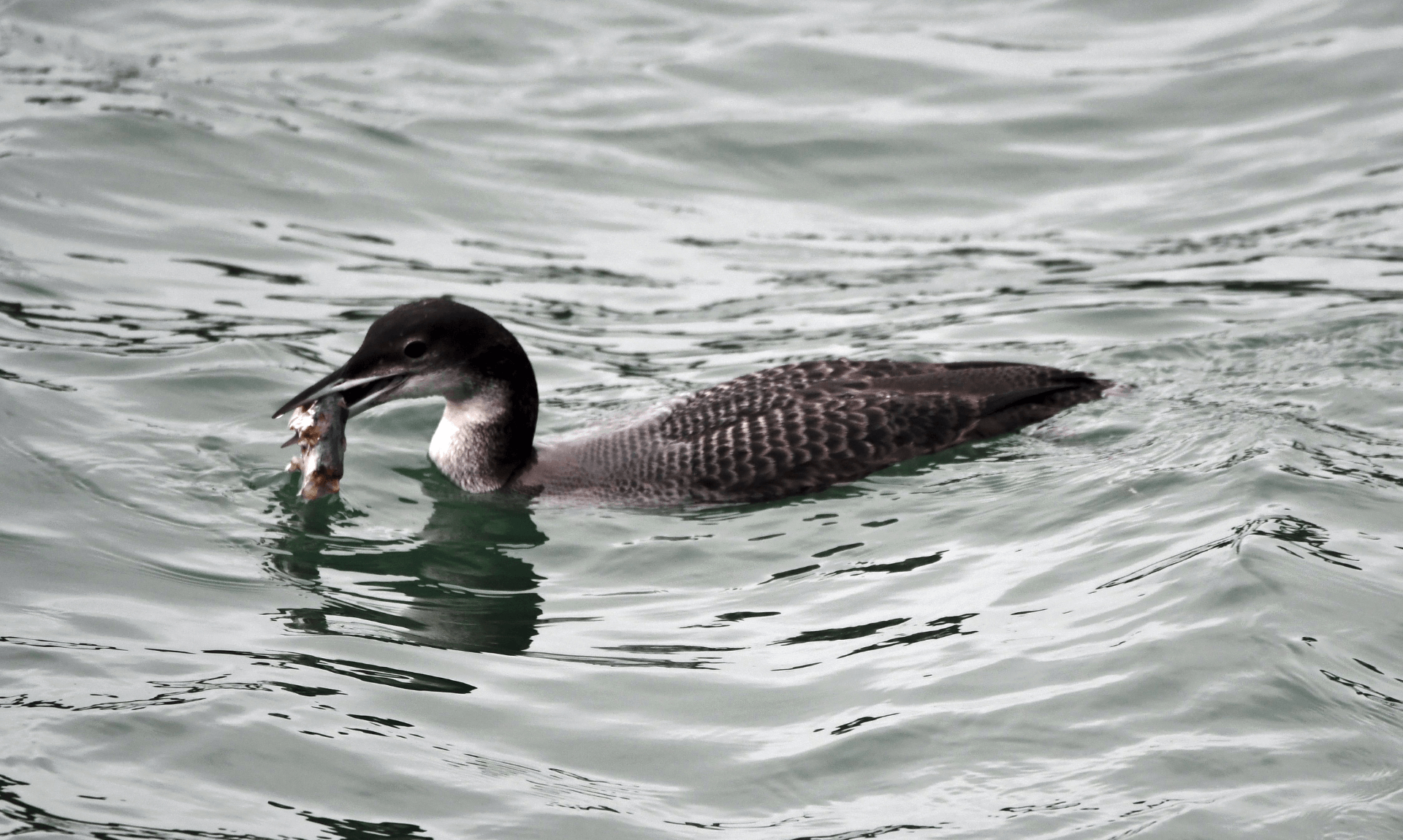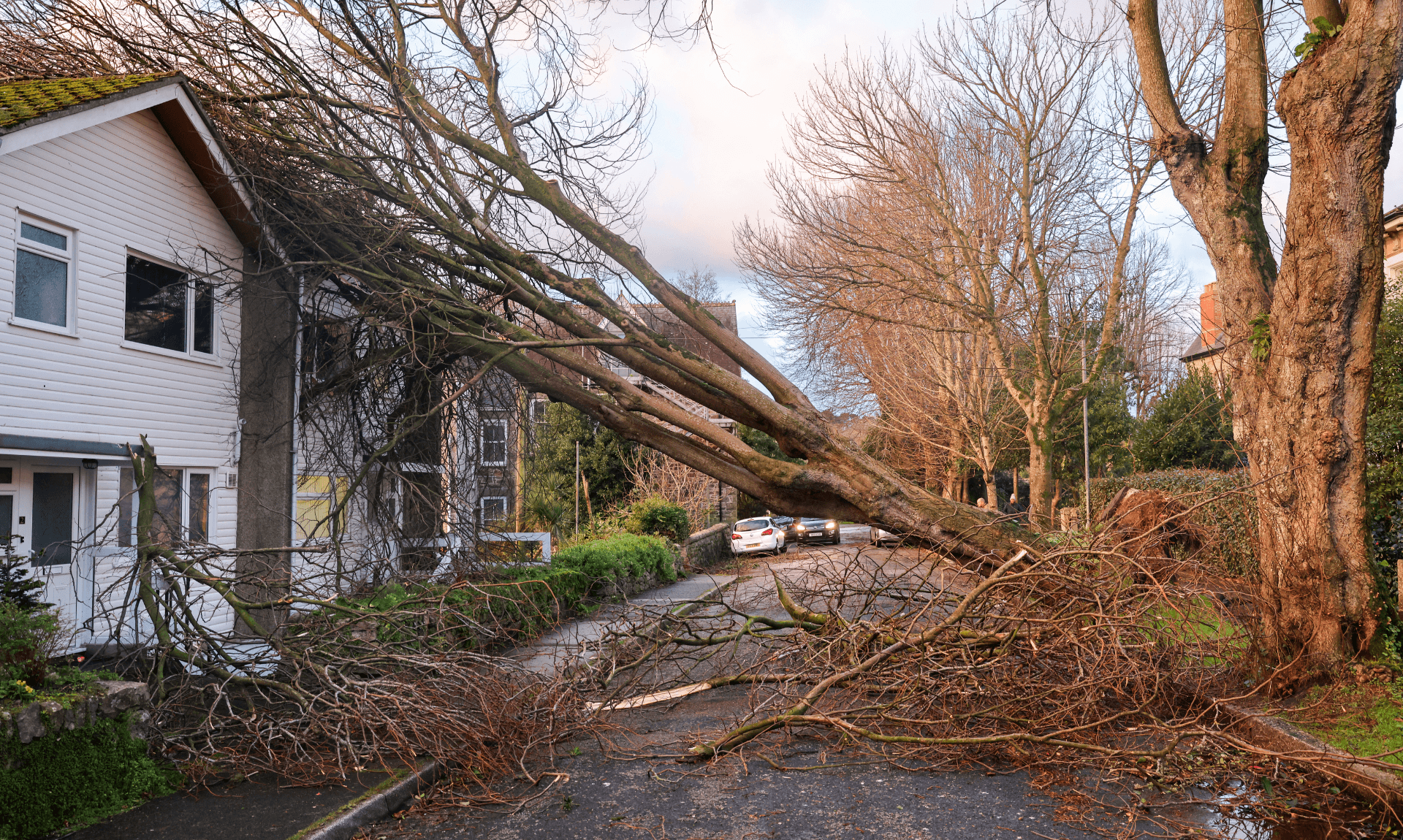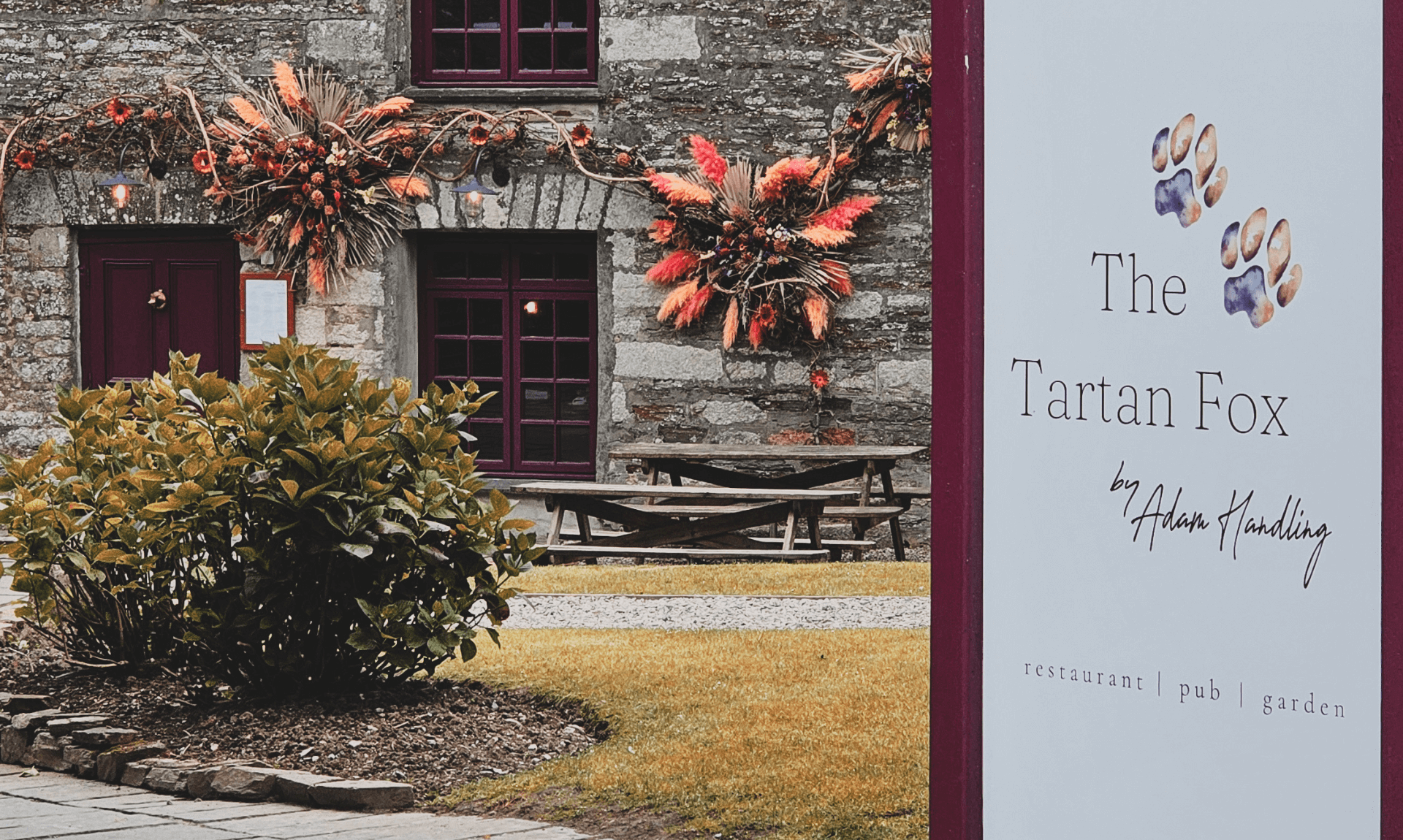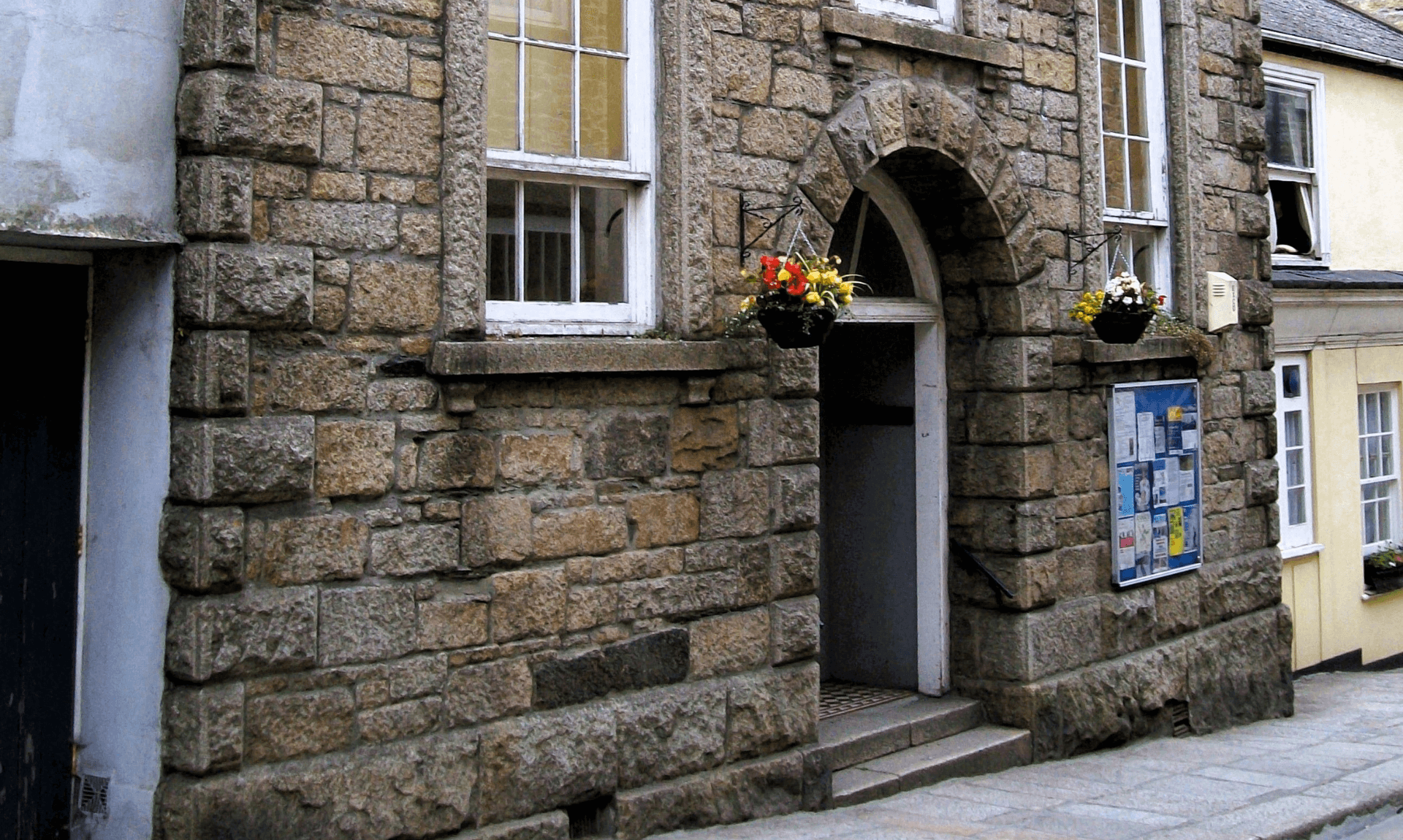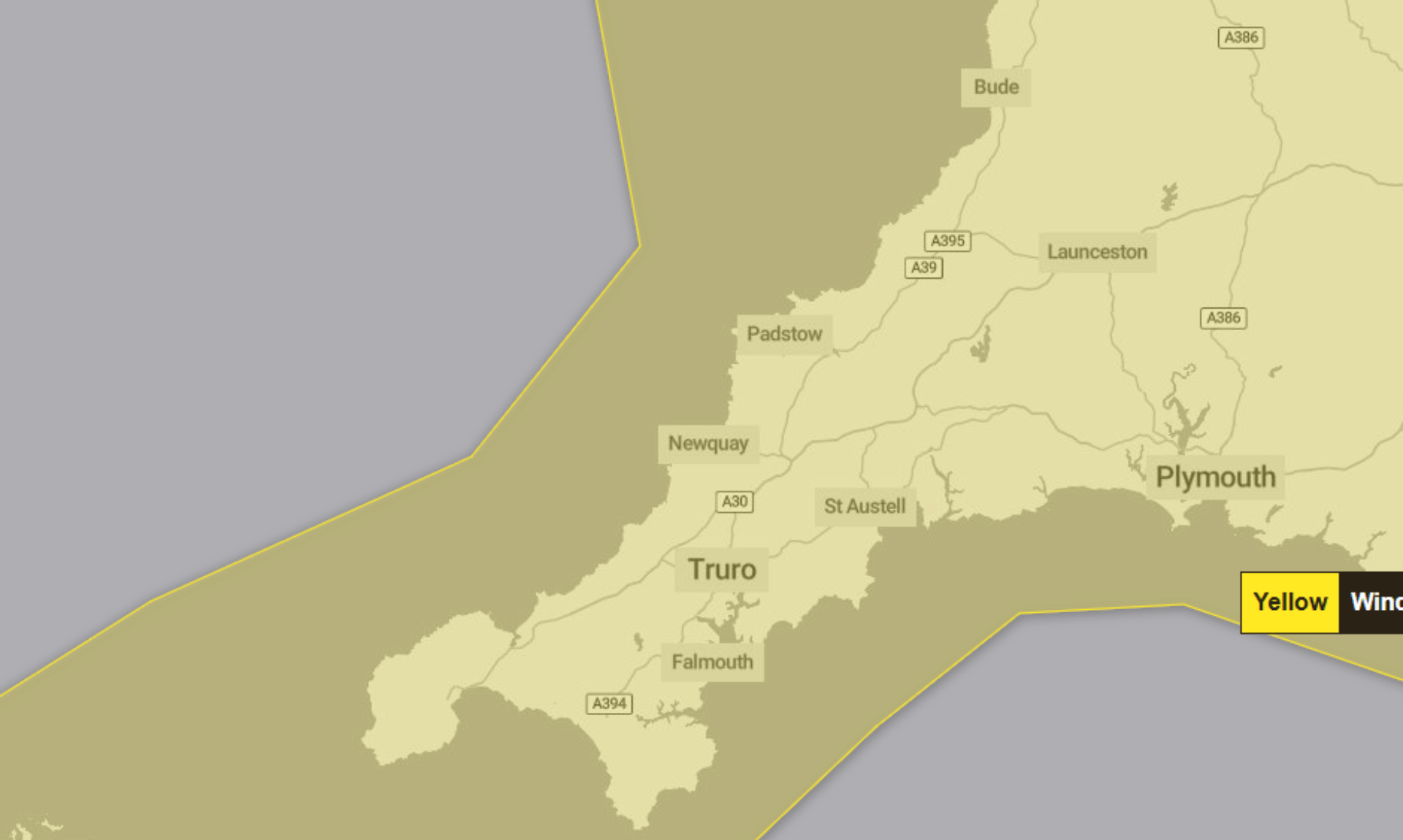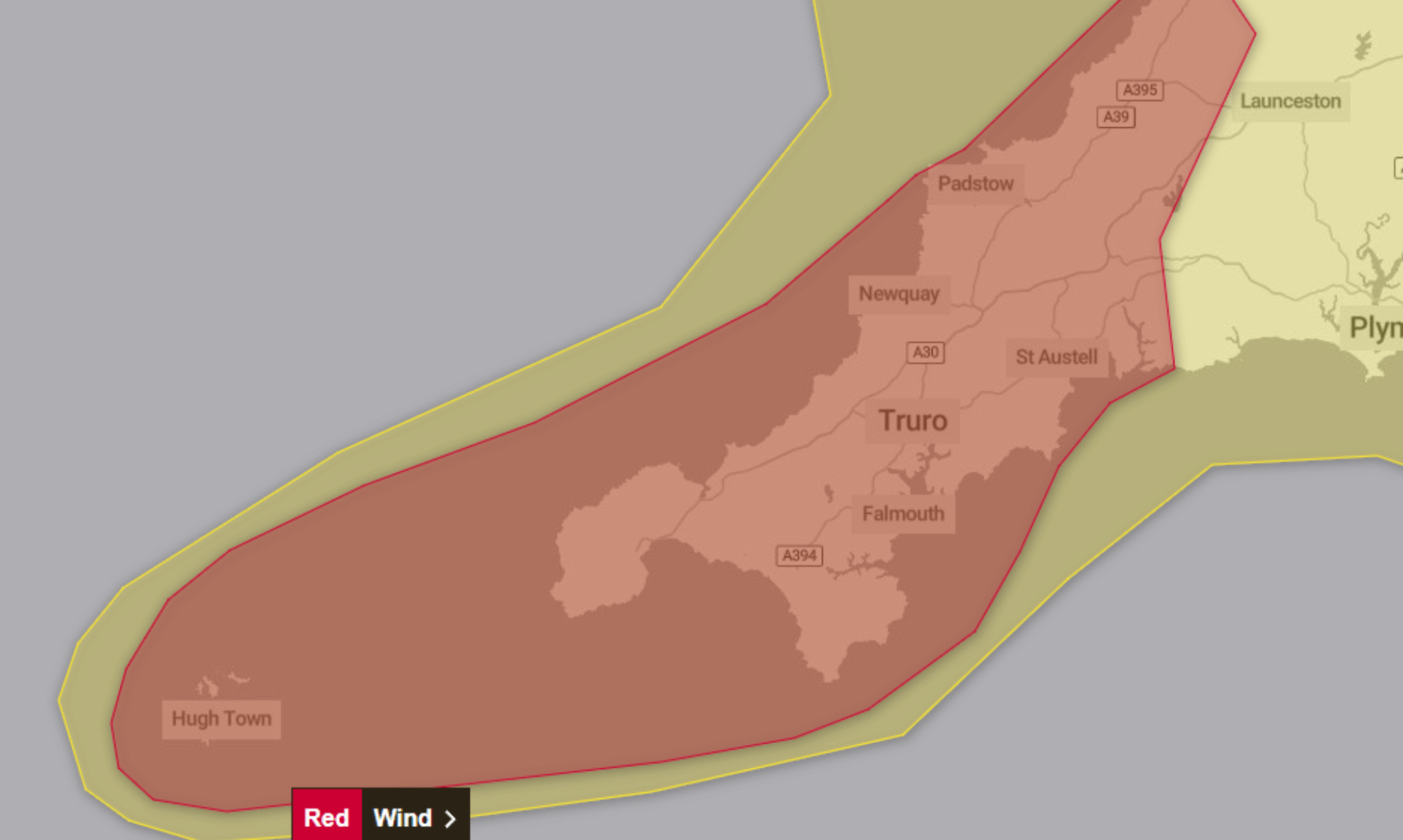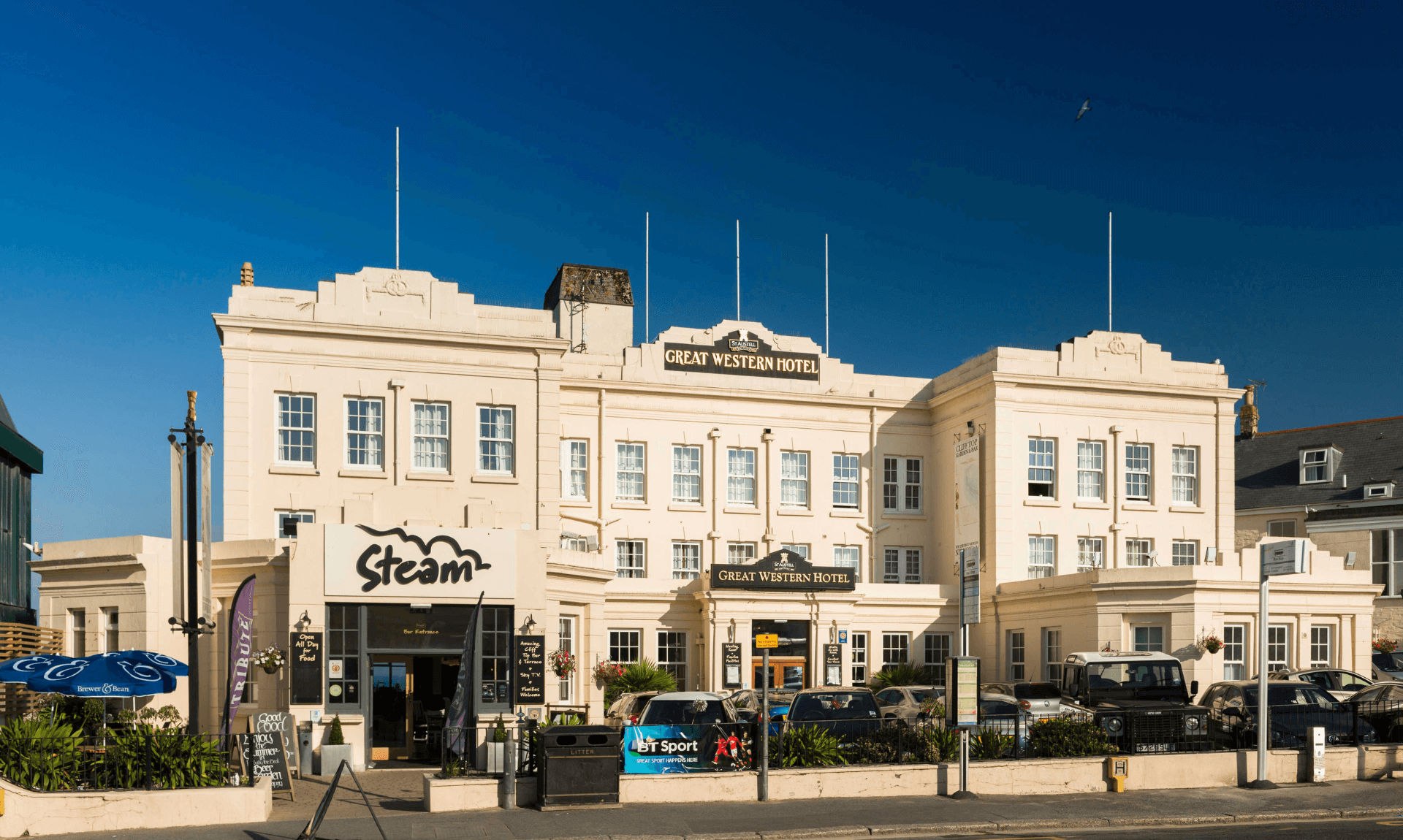Hidden Celtic Coral in Cornwall: New Plan Aims to Protect Ancient Seaweed Habitat
A new plan has been launched to protect one of Cornwall’s most valuable and fragile marine habitats, known as maerl beds. These ancient ecosystems, formed by slow-growing coral-like seaweed, play a vital role in supporting marine life and storing blue carbon.
Protecting Cornwall’s Hidden Marine Treasure
Despite their importance, maerl habitats remain under-recognised and under-protected. To change that, Cornwall Council, working with Natural England, Blue Marine Foundation, University of Exeter, University of Plymouth and Cornwall Wildlife Trust, has unveiled the Cornwall Maerl Conservation Action Plan.
The five-year plan positions Cornwall as a national leader in marine nature recovery and calls for urgent, coordinated action to protect maerl beds for future generations.
Key focuses of the plan include:
-
Mapping and monitoring maerl beds
-
Improving water quality
-
Regulating damaging activities
-
Strengthening legal protections
-
Exploring restoration and climate resilience strategies
-
Engaging communities
You can read the full report and action plan here.
World’s First Maerl Forum Held in Cornwall
The plan stems from the world’s first dedicated maerl forum, held earlier this year at the University of Exeter’s Penryn campus. The event brought together scientists, policymakers, conservationists, and community representatives to discuss how to safeguard this rare marine habitat.
‘A Milestone for Marine Conservation in Cornwall’
Loic Rich, environment and climate change portfolio holder for Cornwall Council, said:
“This report is a milestone for marine conservation in Cornwall. It reflects the passion, expertise, and collaboration of our community and partners.
“Maerl is Cornwall’s ‘Celtic coral’, a habitat of extraordinary beauty, ecological and national importance, and now we have a clear path to protect it.”
David Slater, south west regional director for Natural England, added:
“Maerl is one of Cornwall’s most extraordinary marine habitats, but it’s still not widely known or understood. To protect it for future generations, we need clear and compelling evidence that shows its ecological and economic value – evidence that speaks to local communities, decision-makers and those who rely on the sea.
“Working together is essential. Whether you’re a scientist, regulator, fisher or conservationist, collaboration is the key to restoring and safeguarding our marine environment.”
Share This Story, Choose Your Platform!
To keep up with the latest cornish news follow us below
Follow CornishStuff on Facebook - Like our Facebook page to get the latest news in your feed and join in the discussions in the comments. Click here to give us a like!
Follow us on Twitter - For the latest breaking news in Cornwall and the latest stories, click here to follow CornishStuff on X.
Follow us on Instagram - We also put the latest news in our Instagram Stories. Click here to follow CornishStuff on Instagram.
You Might Also Be Interested In
Don’t Miss What’s Happening in Cornwall
Join others in Cornwall by receiving the latest daily news in Cornwall, sent direct to your inbox.

